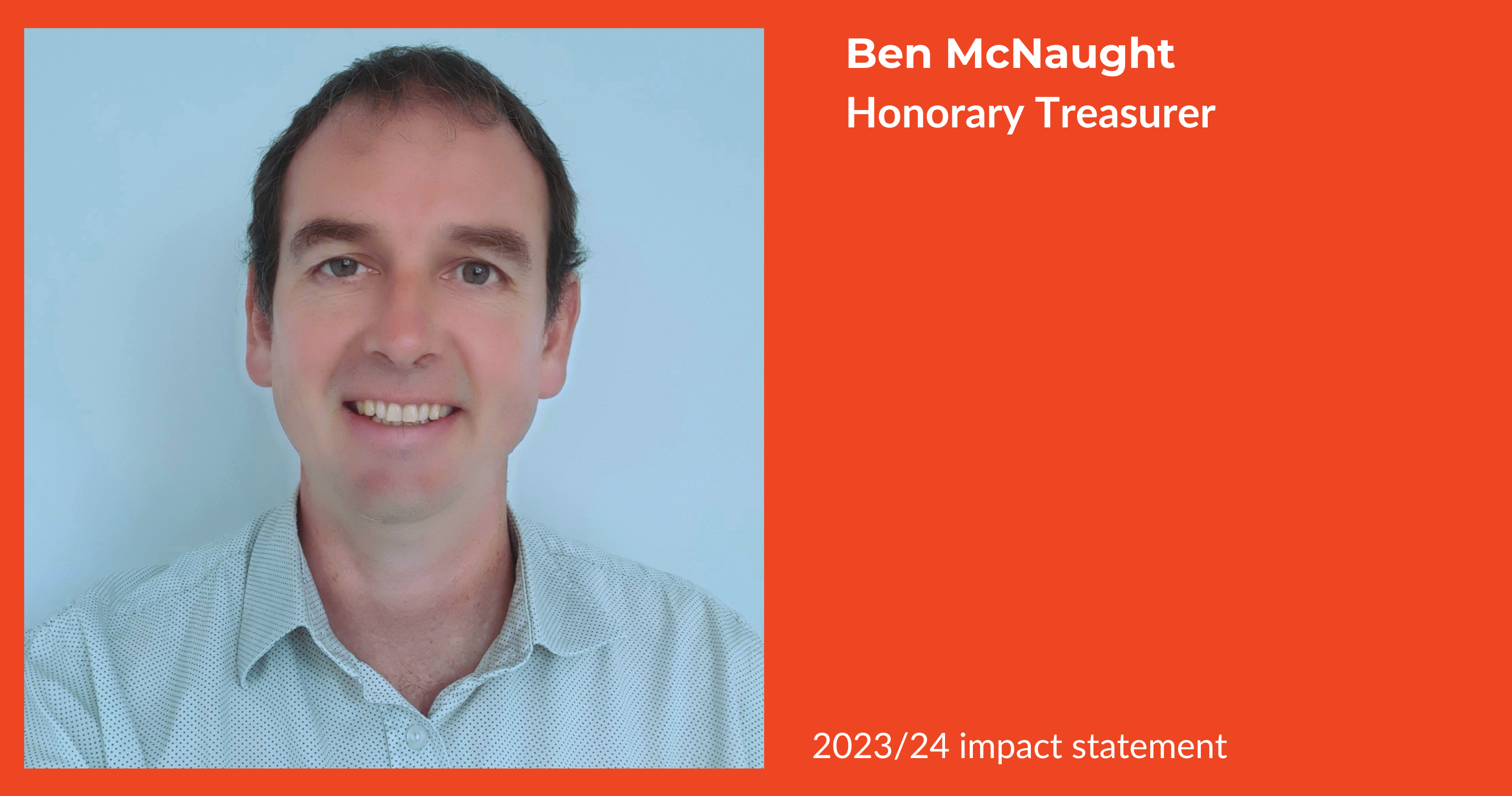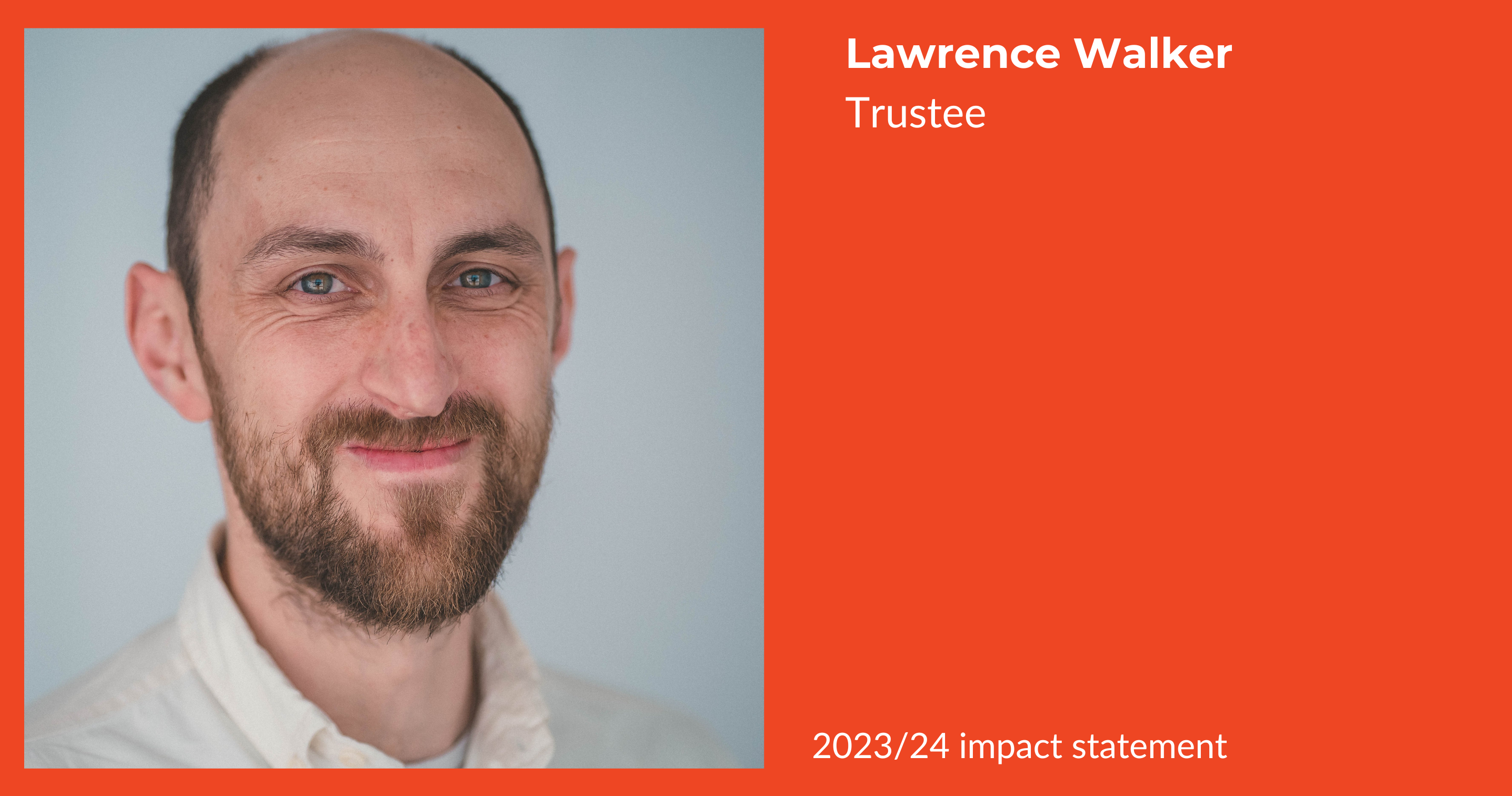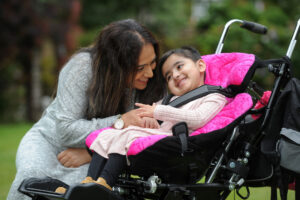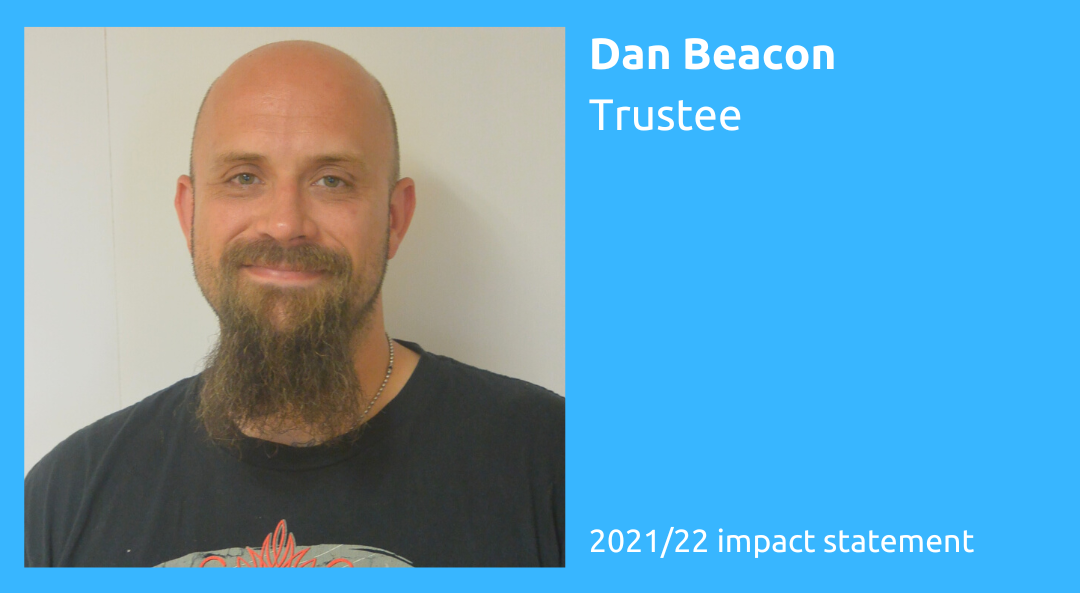
Category: Childlife Info
Posted on 23.08.2022
The ataxias are a set of life-limiting neurological conditions that disrupt the messages sent from our brains to our muscles. Not just the muscles we use to move, but those we use to speak, listen and see. Over time, people with ataxia are slowly imprisoned in their own bodies, losing the tools they once had to communicate with loved ones. Over 200 different genetic ataxias have been discovered in the past 30 years, each of which requires a different treatment. Currently, no treatments or cures for most of the ataxias have been found. Ataxia UK is the leading national charity which supports those affected ataxia and funds research into finding treatments and cures.
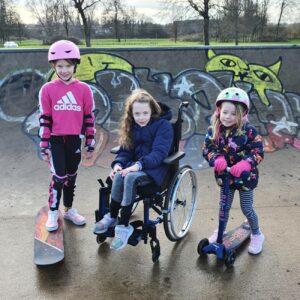
As with the other ataxias, there is no cure for FA.
A major part of our work is to support and advise parents of children who have FA, whilst funding research into treatments and a cure. The support we receive from Childlife is essential in achieving this: it enables us to run local support groups, conferences, various online forums and information sessions to reduce families’ isolation and help them understand the condition.
The financial year 2021-22 continued to provide new challenges following a turbulent previous year including another challenging year for fundraising. Despite this we continue to strive towards a cure and treatment for the ataxia’s and until these are found, supporting everyone affected.
Some key highlights from FY 2021-22
- Supporting the approval and distribution of treatments for Friedreich’s ataxia
At the moment, the drug that is closest to potential approval is a drug from the company Reata pharmaceuticals. Ataxia UK is following the work of Reata pharmaceuticals closely as they try and get approval for their drug Omaveloxolone, which would be the first drug for Friedreich’s ataxia. We invited a representative of Reata to the Euro-ataxia research conference we organised in June followed by a discussion. During the year we welcomed Reata’s submission of a new drug application to the US Federal Drugs Agency (FDA). We eagerly await the decision of the FDA and are seeking a meeting to encourage the company to seek approval in the UK using the UK NHS Early Access to Medicines Scheme.
- Awarded a research grant to Prof Richard Festenstein (Imperial College London, UK) ‘Generation and characterization of a cardiomyocyte model for Friedreich’s ataxia to reveal the molecular mechanism of heart failure in patients’
- Friedreich’s ataxia Global Registry
Ataxia UK and FARA are the lead organisations facilitating the FA Global Registry. Ataxia UK has helped recruit participants by ensuring every new Friend of Ataxia UK affected by FA is given an information flyer about the registry, and a webinar we produced explaining how to register is on the Ataxia UK website. There has been a substantial increase in participants in the last year from around 1000 to around 1400.
- Ataxia Children’s Centre – Sheffield Children’s Hospital
The Sheffield Children’s Centre, staffed by ataxia specialist paediatric neurologist, Dr Santosh Mordekar, supported by an Ataxia nurse, and funded by Ataxia UK, continues to receive referrals and see children with a range of ataxias.
- Launch of a second Paediatric Ataxia Centre
There have been delays in the launch, but progress has been made.
- Advocacy Service
The Advocacy Service provides 1-2-1 support to people in the ataxia community with a range of issues. Successful outcomes include improvements in financial circumstances, faster diagnosis and access to specialist neurology, access to appropriate housing, and support in school for children affected by ataxia.
- Recruitment of Participants to Research Studies
Having a database of people with ataxia puts Ataxia UK in a unique position to support research via the recruitment of volunteers to participate. During the year we have supported a number of projects with the following child-specific projects:
o Natural history study in Friedreich’s ataxia (London UCL/UCLH)
o Friedreich’s Ataxia Global Patient Registry
o Friedreich’s Ataxia app
Scientific research into treatment and cures and the support made available to those affected by ataxia whilst we wait for a cure, is sustained by Childlife supporters. On behalf of everyone affected by ataxia and us at all at Ataxia UK, Thank you.
Dan is Head of Fundraising and Communications at the Childlife member charity, Ataxia UK.

